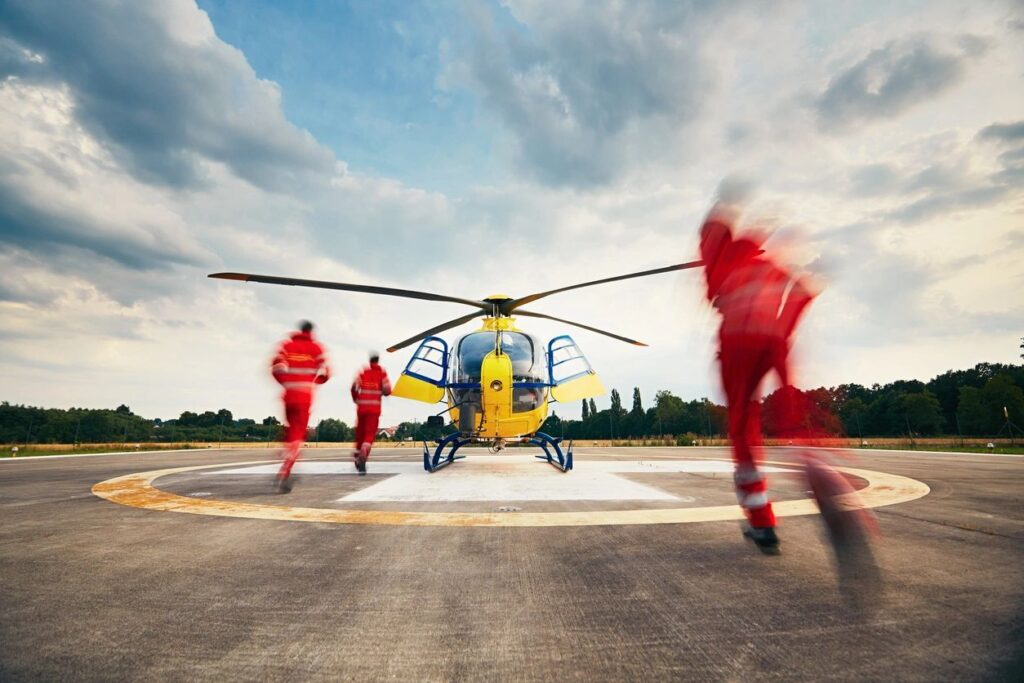
Damon Green
Chief Operating Officer
Mr. Green is a senior healthcare executive and top corporate officer with proven achievement in operational efficiency, portfolio management, strategic planning, financial forecasting, corporate financial operations, and nationwide technology rollouts. He is recognized as a facilitator and builder of M&A strategies and joint ventures. As a highly strategic business partner, negotiator, and boardroom leader, Mr. Green possesses a track record of managing a multimillion-dollar P&L. He consistently delivers effective strategies to drive growth, maximize profitability, and exceed targets.
Most recently, Mr. Green served as the COO at Modivcare – HomeCare, a publicly traded provider of personalized daily living services to those who receive care in the home. While there, he redesigned KPI reporting and instituted performance tracking processes that included state‐level monthly operating reviews, branch level P&L reviews and weekly outlier calls, as well as helped to create a culture of rigor and leader accountability.
Prior to that position, he served as CEO of Centrata Pain Partners in Denver, CO, a leading Interventional Pain Management provider focused on the treatment of spine, back, neck, and joint pain. Years earlier, he also served as President and CEO of United Medical Systems (UMS), in Westborough, MA, where he led and implemented the strategic direction of a $100 million private equity‐backed Urology Services organization with more than 500 teammates covering 26 states.
Earlier in his career, Mr. Green also served as the President and CEO of United Medical Systems in Westborough, Massachusetts, where he established, led, and implemented the strategic direction of a $100 million private equity-backed healthcare organization, with 500 teammates covering 26 states.
During his tenure as President and CEO, Mr. Green led the organization through the unprecedented challenges of the COVID pandemic. He drafted and implemented a highly effective cost-reduction and layoff plan in response to a 70% drop to Q1 and Q2 volumes. This plan allowed for a seamless restart of operations and drove exceptional Q3 and Q4 growth that resulted in meeting the adjusted annual EBITDA target.
Additionally, Mr. Green created a growth team, rewrote the job descriptions, and restructured the sales and operations teams’ compensation plans that directly led to a Y/Y EBITDA increase in a key initiative, from $3 million to year-end projected $10 million.
Prior to his role with United Medical Systems, Mr. Green served as Senior Vice President, Operations for Envision Physician Services where he drove labor and saving and operational efficiencies across service line covering 46 states, 500 locations and 500 clinicians, including integration of newly acquired and organically grown practices. He also held the Chief Operating Officer at Alliance Spine and Pain Centers, where he created and drove the operational efficiencies for an interventional pain management practice, with $90 million in revenues that included 25 physicians and 20 Ambulatory Surgery Centers (ASCs). He also held director-level positions at Davita Healthcare Partners, Inc., Holmes Regional Medical Center, and Phoebe Putney Memorial Hospital. In addition, he has served in the military as a Staff Judge Advocate and Captain at the U.S. Marine Corps Logistics in Albany, Georgia.
Most recently, Green served as the COO at Modivcare – HomeCare, a publicly traded provider of
personalized daily living services to those who receive care in the home. While there, redesigned KPI reporting and instituted performance tracking processes that included state‐level monthly operating reviews, branch level P&L reviews and weekly outlier calls, as well as helped to create a culture of rigor and leader accountability.
Mr. Green received a Bachelor’s degree in Political Science from Villanova University; a J.D. at George Mason University’s School of Law; and a M.B.A. at the University of Central Florida. His expertise is complimented by licensure with the State Bar of Georgia.


